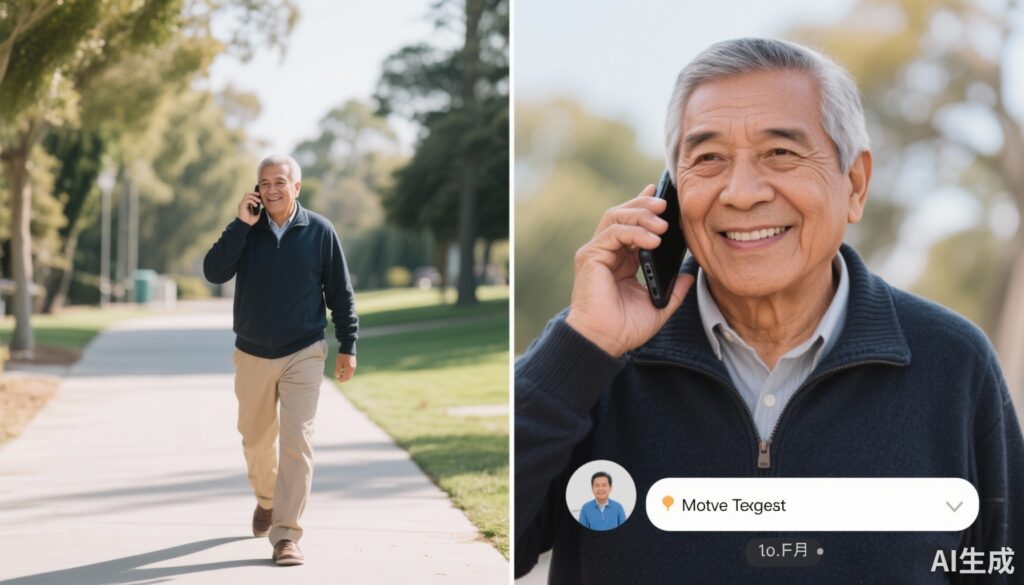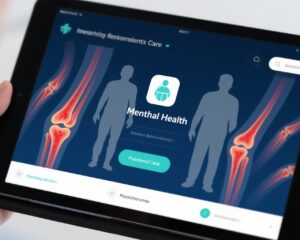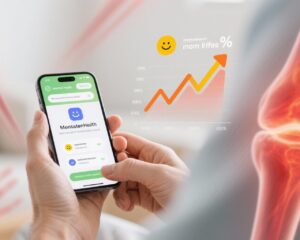Highlight
This randomized clinical trial compared the effectiveness of human telephone counseling versus a customized, computer-driven SMS (text message) counseling system to increase walking in inactive midlife and older Hispanic or Latino/a adults over 12 months.
Both interventions produced significant increases in walking time, with no meaningful difference between groups, supporting the equivalence of SMS counseling as a scalable physical activity promotion strategy.
The study participants, predominantly low-income with high BMI, showed improvements in walking, sedentary behavior reduction, weight maintenance, and well-being.
Study Background and Disease Burden
Physical inactivity is a well-known risk factor for chronic diseases such as cardiovascular disease, diabetes, obesity, and premature mortality. Walking is a low-cost, accessible form of physical activity that can provide substantial health benefits, especially for aging adults. However, many populations, including Hispanic or Latino/a adults, face barriers to accessing effective physical activity interventions.
Traditional telephone counseling has demonstrated efficacy in improving physical activity but may be resource-intensive and less scalable. Mobile health technologies such as text messaging (SMS) offer a promising alternative to deliver tailored behavioral counseling with potential for wider reach and cost-effectiveness.
There is a critical unmet need to evaluate whether SMS-based counseling can match the effectiveness of human-delivered counseling in promoting sustained increases in walking among low-income, inactive Latino/a adults.
Study Design
This parallel-group randomized equivalence clinical trial enrolled 280 inactive Hispanic or Latino/a adults aged 35 to 79 years from five counties in northern California between November 2015 and September 2017, with follow-up through October 2018. Data analysis was conducted from January 2023 to December 2024.
Participants were randomly assigned to receive either a customized version of the Active Choices physical activity telephone advising program delivered by trained human advisors via telephone or an interactive, computer-driven SMS texting system for 12 months.
The primary endpoint was change in total walking minutes per week at 12 months, assessed using validated interview tools corroborated with accelerometer data. The predefined equivalence margin was 30 walking minutes per week. Intention-to-treat principles were applied.
Key Findings
Among 280 participants (72.5% female; mean age 51.2 years; mean BMI 33.1 kg/m²; >50% with very low household income), 249 (88.9%) completed the study.
At 12 months, participants receiving human telephone counseling increased their walking by a mean of 116.4 minutes per week (90% CI: 92.3 to 140.5; P < .001), while those receiving SMS counseling increased walking by 113.6 minutes per week (90% CI: 89.8 to 137.4; P < .001). The between-group difference was 2.8 minutes per week (90% CI: -23.8 to 29.4; P = .86), well within the equivalence margin.
Both groups showed significant benefits not only in walking but also in weight maintenance, reduction of sedentary time, improved well-being outcomes, and secondary physical activity types.
The high retention rate and corroboration of self-report with objective accelerometer data strengthen the validity of findings.
No significant safety concerns or adverse events related to interventions were reported.
Expert Commentary
The trial provides important evidence supporting the use of automated, customizable SMS systems as an effective alternative to traditional human telephone counseling for promoting physical activity among middle-aged and older Hispanic/Latino adults.
This has substantial implications for scaling public health interventions to populations that may experience barriers such as resource limitations, language, and cultural accessibility.
While human-delivered counseling offers interpersonal support, the SMS platform allows tailored, timely engagements with greater convenience and potentially lower cost.
However, the study’s focus on one ethnic group and geographic area limits generalizability; replication in other demographics and settings is warranted.
Further research could investigate long-term sustainability beyond 12 months, integration with wearable technology, and optimization of SMS content for diverse populations.
Conclusion
This randomized equivalence trial demonstrated that a customizable SMS counseling system is as effective as human telephone coaching in increasing walking among inactive midlife and older Hispanic or Latino/a adults.
The findings endorse mobile health platforms as scalable, accessible options that can broaden the range of physical activity interventions for underserved populations, thereby addressing disparities in chronic disease risk.
Future work should explore expansion to other populations and integration into comprehensive lifestyle programs to maximize public health impact.
References
King AC, Campero MI, Rodriguez Espinosa P, et al. Human Telephone vs Text Message Counseling and Physical Activity Among Midlife and Older Adults: A Randomized Clinical Trial. JAMA Netw Open. 2025;8(9):e2528858. doi:10.1001/jamanetworkopen.2025.28858



